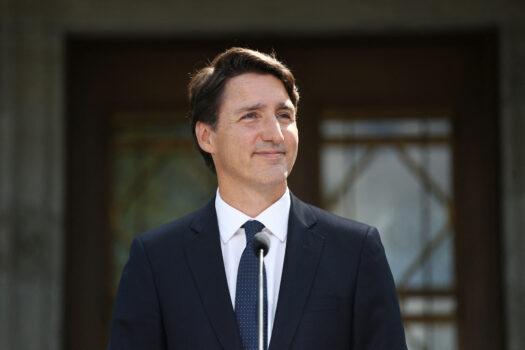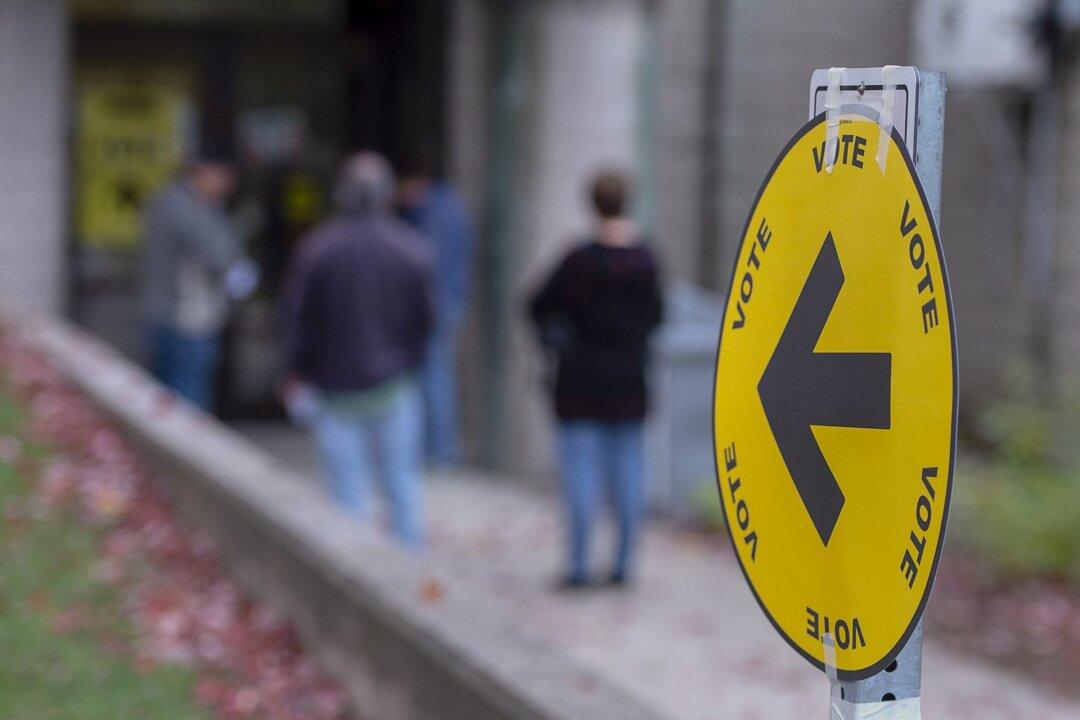Here’s a look at what the different parties are promising in the first week of the 2021 federal election campaign. Parties are presented in the order of the number of seats held as of the dissolution of Parliament on Aug. 15, from the highest to the lowest.
Liberal Party

Liberal Leader Justin Trudeau smile during a news conference in Ottawa on Aug. 15, 2021. AFP via Getty Images/Dave Chan






